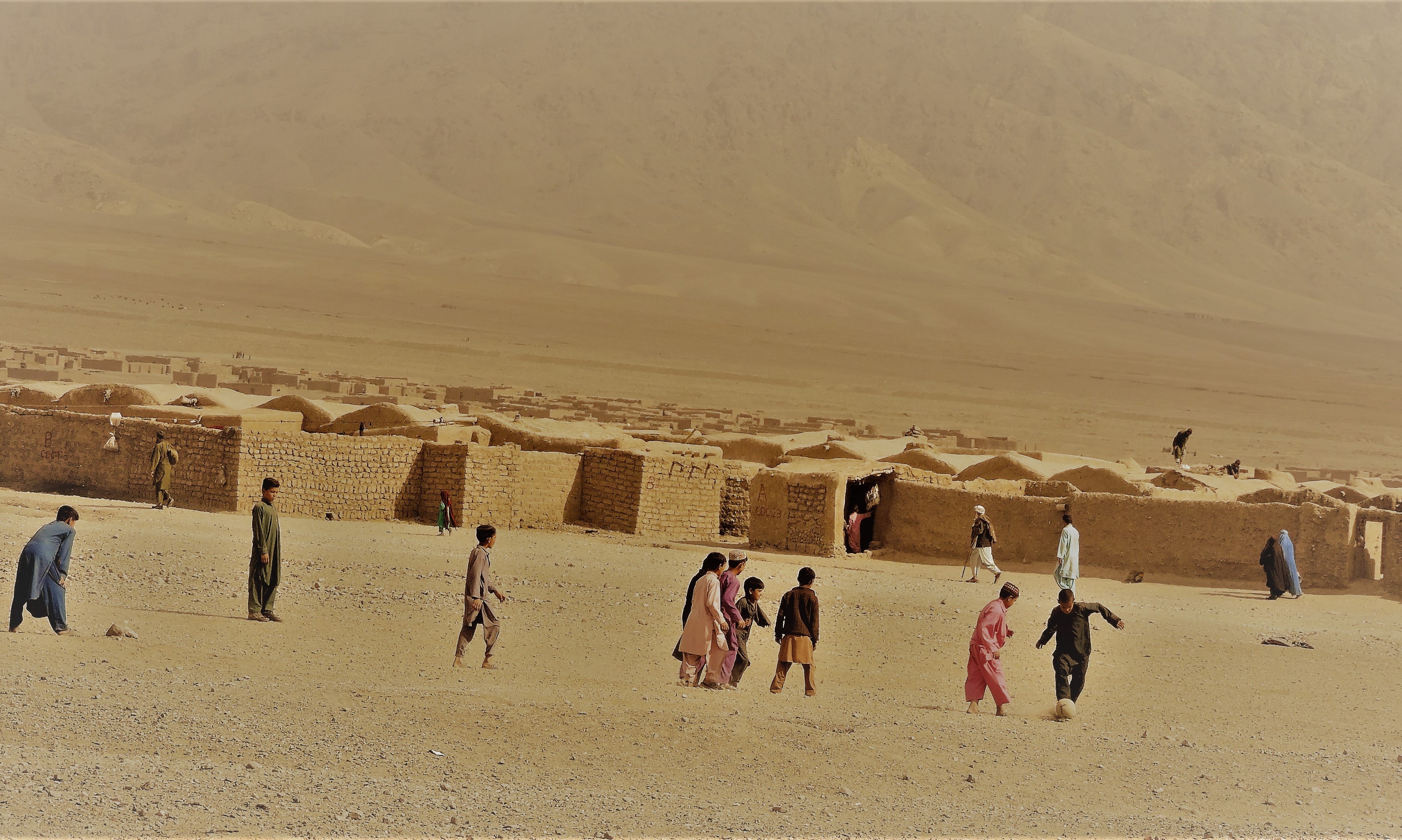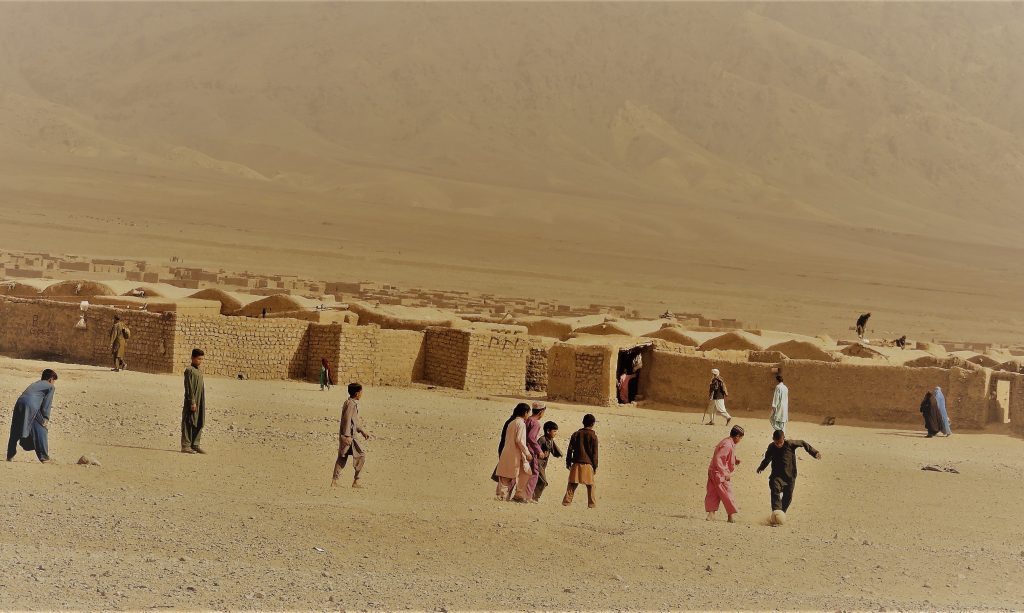I was born in a refugee camp for Afghans in Khaybar Pakhtonkhawa in Pakistan. My family and I were the victims of civil war. My father had been a vaccinator in Afghanistan before our emigration. He had been working in a local clinic, and when the war began, we moved to Pakistan. Shortly after my family’s resettlement in the refugee camp, I was born. My father started to work in a brick factory to support our family.
I was ten when I first visited Afghanistan during a vacation, and I was enjoying my stay. For the first time I enjoyed being in a different place without stress. I was in peace and wanted to stay and never return back, but this changed when a girl from our village was abducted by unknown people. She was my friend and I was playing with her sometimes. After the incident we left the village during the night back to Pakistan because my mom was afraid someone may kidnap me too.
It was a bad memory from my own country; the memory that changed my mind about returning back for a long time.
In 2016, the Pakistani government set a time frame for Afghan migrants to return to their country. I didn’t want to come back because of the bad memory from here, and my brothers were insisting that their business would be destroyed if they left Pakistan.
When the time limit for Afghan migrants to return to their home country given by the Pakistani government was over, the police started searching houses for migrants. Without our permission, they were coming to our homes and looking for our men. They were behaving as if we were terrorists and Taliban. My husband, brothers, and father were no longer allowed to walk in streets and go to their shops. Police forced them to close their shops and told them to return to Afghanistan.
We were thinking that those acts of police would last only a short time, but unlike what we thought, one day they conducted a military operation in the refugee camp. Police beat men of the families and put them in detention. After that military operation, we decided to leave. We packed the things that were important, and the things we left were taken by police and destroyed. They didn’t even let us sell them or to give them to someone.
I was worried and always imagining people kidnapping me. I was thinking about that girl and asking myself “what if I am taken one day like her?” Though I was married, I was still afraid. When my husband asked me about my concern, I told him about that girl. My husband had also known that girl and he told me that she was kidnapped over a family dispute. I couldn’t believe that, but I managed to overcome my worries to some extent.
On our way to the border, the police at each checkpoint were stopping us for searches. They were saying, “You Afghans are terrorists and you might have bombs in your packages.” They search everything we had. They even didn’t want us to carry the medicine we had bought.
After several checkpoints and searches, we could finally pass the border. By the time we had passed the border, our Afghan police did not even search us for once. They welcomed us and treated us in a way we never expected.
We are now living in Jalalabad in a rented house. My brothers are selling credit cards in the streets and the local market, and my husband is working in a shop. We are happy here and there is no concern about police and being called refugees. We did not choose to be refugees, but it was the situation and war that made us live in other country.












